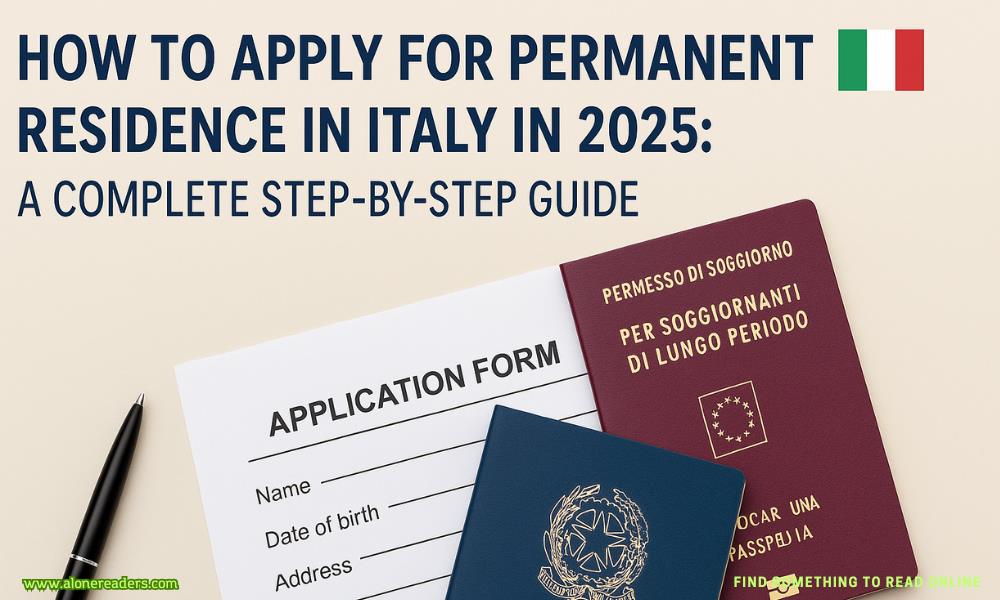Page 23 of The Starving Saints
And for a moment, she is caught. Caught by how she thrills to Ser Voyne’s attention after all these years, and caught, too, by the pain glinting in those familiar eyes.
But she can’t stay. Staying would be too kind. Treila untangles their hands and flees, knowing Ser Voyne cannot follow, because the leash is, as ever, tight around her throat.
10
Phosyne thinks she might be dying.
Her face is flushed, and her skin feels tight with dehydration, but she’s pissed into her bucket six times today, and the fumes are only a little stronger than usual. Water does not help, not any longer than it takes to swallow it, and when she rests, head pillowed on her arms atop her workbench, she smells the sickly sweet stench of rotting fruit, though she hasn’t eaten fruit in months. Her head pounds. Ser Voyne is staring at her, watchful and exhausted, and Phosyne can’t put one thought in front of the other long enough to figure out where her latest experiments have once more gone wrong.
The sulfur bought her a few steps forward. Even Ser Voyne was forced to admit that a candle that could burn unceasing without consuming the wax beneath it was a miracle. But it is not the correct miracle. Phosyne has managed the impossible once again, but cannot bridge the gap between the fire and her belly.
She has squandered what little time they all have left. They need food. She is desperate for it, and cannot for the life of her see the path forward. All she has left is longing. A prayer on her lips for sustenance.
“Eat,” Ser Voyne says, and Phosyne looks up, startled, to find the broader woman towering over her. She has put a plate in front of her. Phosyne frowns at it. A scrap of meat, as usual, but there is honey, too, a bit of leaking comb.
She hasn’t been allowed honey since she left the Priory. Jacynde’s people know not to give it to her, and it is hardly given out in rations.
She looks up at Ser Voyne, confused.
“Eat,” the knight repeats, this time with a little more force. “Or I will pry your lips apart and force it down your throat.”
“The honey,” Phosyne tries, then falters. “I can’t.”
“You can, and you will, if you don’t want your body to shut down.”
Phosyne looks back at the plate, at the honey and the meat, the meat she has been living off of, slaughtered cattle and chickens and everything else the farmers brought with them, when they could not bring their crops. Too early in the season, when Etrebia had swept in and forced them off the land. Aymar’s gardens could only produce so much. She has not had fruit in months.
It clicks. She has only had meat.
“I have seen men die like this,” Ser Voyne confirms.
Phosyne can hear the weight in her voice; she has been withdrawn, the last day. Something happened when she was called to attend worship the morning before. Many somethings, perhaps. Phosyne was vaguely aware of a change, but something about the honeycomb Voyne has presented her with makes it all slide, briefly and brilliantly, into focus.
Voyne is distraught. Pulled in too many directions at once. Angry at Phosyne, of course, always, but also desperate.
“I thought,” Phosyne says, slowly, “that you might not mind my death.”
Voyne scowls. “You are mine to care for,” she says, too quickly.
There are so many things bound up with those words,to care for. Phosyne sees them like threads, winding tight around Voyne, biting into her exposed skin. She really needs her armor, Phosyne thinks. She doesn’t know how to exist without it.
Ser Voyne’s care only comes from duty, and anger that Phosyne might die instead of producing somethinguseful, but it still makes her flush with shame.
Phosyne doesn’t speak, doesn’t move. The room’s thick heat is blanketing, smothering. Her mind wants to drift again, and perhaps Voyne’s drifts, too.
“I’ve failed too many people,” Voyne says, the words clumsy on her lips. “While thinking I was serving. Yesterday, I thought I saw a ghost. A starved ghost who would have fed me if she could.”
It is like there is a wound in her breast, wet and weeping, and Phosyne can see it pulsing.
And then Voyne turns cold again.
“Eat the honey,” she says, and pushes the plate toward Phosyne once more.
Phosyne’s heart aches, and she picks up the comb with delicate hands. She wants to keep a little, just a little, for her research, but its sticky sweetness coats her fingers, and she knows, then, that she will eat all of it. All of it wasted, ultimately. What does it matter if Voyne forces her to live a few days longer, if she loses an avenue to saving them all?
But perhaps she should be realistic: see that it will be wasted no matter what. There is no way out. Her unseen world has only let them starve for longer. Maybe she’s only mad. Maybe the method of purifying water will eventually be explained and defined, repeated, wrestled out of the numinous, inhuman unknown and into the Priory’s understanding.
Maybe it’s better if she takes the Lady’s blessing on her tongue, the sweet honey made from the pollen of wildflowers beyond Aymar’s walls, brought back past an encircling army that could not stop a bee’s flight even if it cared to do so. Maybe it’s better if she tries prayer for the first time in almost a year.















